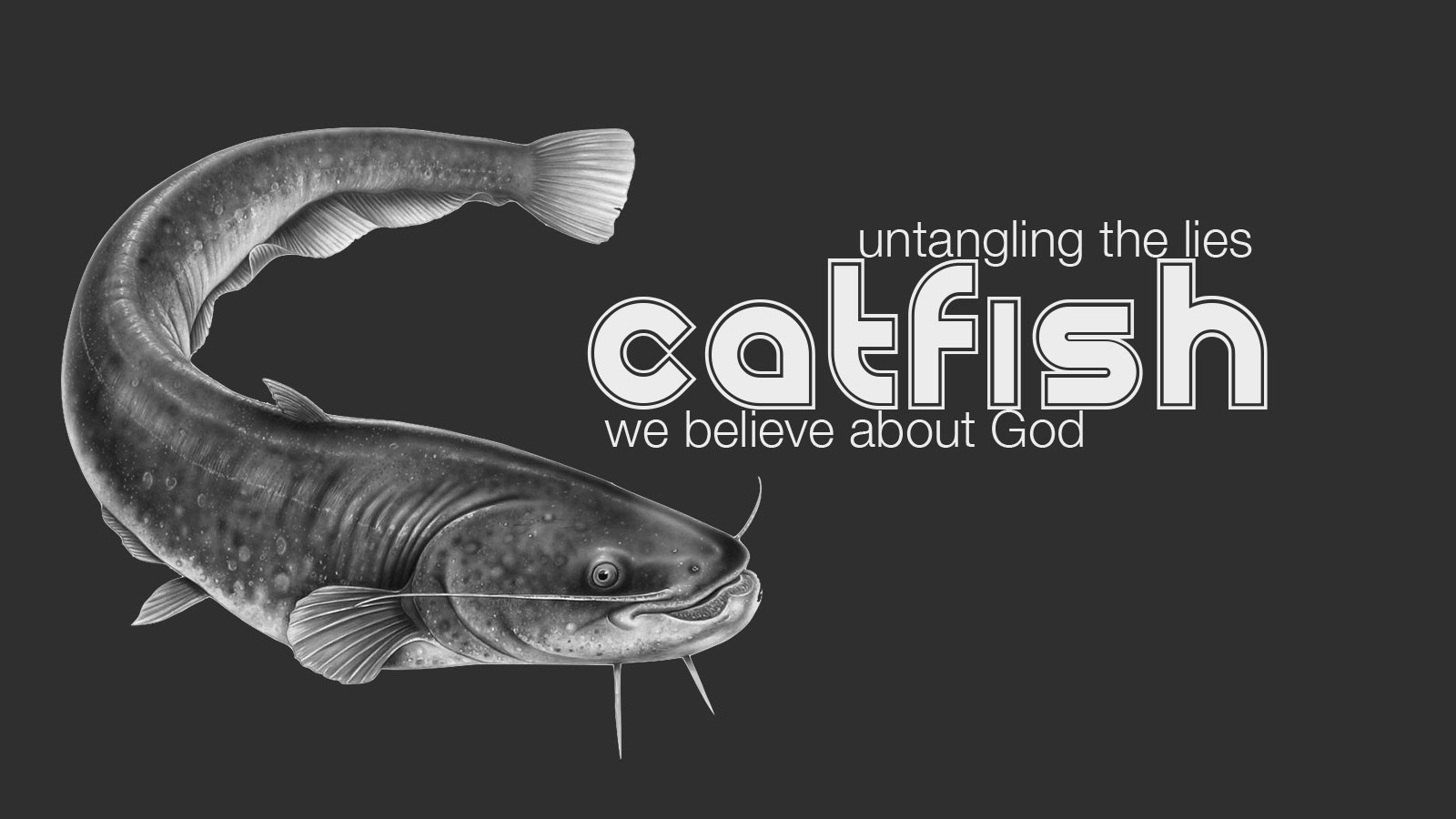 By now you’ve heard of the term “catfish” being thrown around by the media these past few weeks, although you might not know exactly what it means. Urban Dictionary defines catfish as “someone who pretends to be someone they’re not using Facebook or other social media to create false identities, particularly to pursue deceptive online romances.”
By now you’ve heard of the term “catfish” being thrown around by the media these past few weeks, although you might not know exactly what it means. Urban Dictionary defines catfish as “someone who pretends to be someone they’re not using Facebook or other social media to create false identities, particularly to pursue deceptive online romances.”
Falling for a catfish is believing a hoax. Manti Te’o of Notre Dame is the most notable example. Yet everyone who believed in the myth of Lance Armstrong also bought into a hoax. Believing a hoax can be more than embarrassing. In the case of Lance Armstrong, it can destroy the lives of people around you. Early detractors of Armstrong were bullied and intimidated, sometimes out of the sport entirely, just to keep the hoax alive.
As a pastor, there’s incredible spiritual application here. Are there hoaxes that we believe about God? When it comes to our view of God, have be been the victim of a catfish? Starting this Sunday at Mt Vernon Church, we’re starting a five-week series called Catfish: Untangling the Lies We Believe About God.
Here are the myths we’ll be tackling:
Myth: God is fed up with me. If you have that sneaking suspicion that God is always mad at you, that you’re always in trouble with him, then you’ve been catfished.
Myth: What matters most to God is whether or not I’m a good person. Think God just wants to you be a good person and be nice to others? Think again.
Myth: God’s chief aim is to make me happy in life. Do you treat God like a spiritual vending machine or the giant therapist in the sky? Don’t be fooled.
Myth: God is not good. If God was a good God, then why would he allow bad things to happen in the world? We’ll be tackling the problem of evil to conclude the series.
If for some reason you can’t make the services, you can always watch online here, Sundays at 10:30 am (CST).











